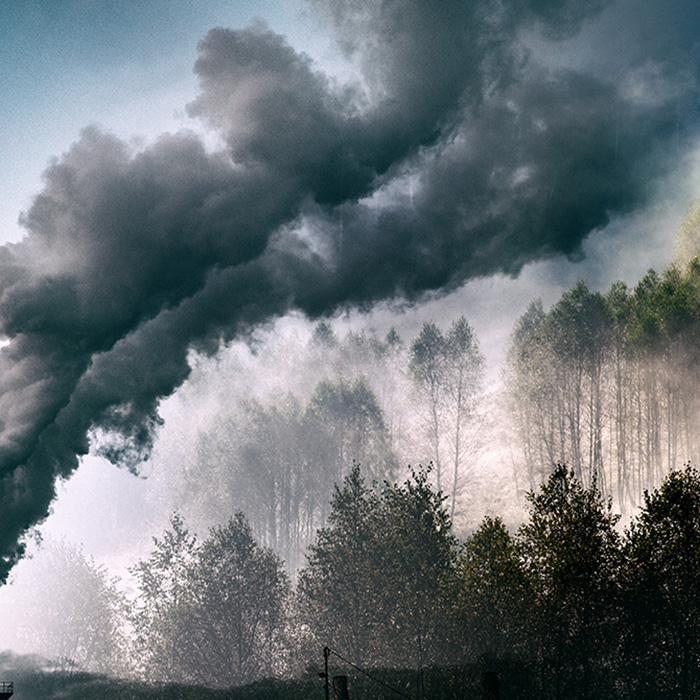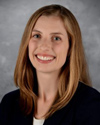Global Environmental Health

NIEHS Climate Change and Environmental Exposures Challenge (Part II)
April 25, 2016
Experts: Julia Gohlke, Ph.D., Dawen Xie, Samarth Swarup, Ph.D., Cyndy Comerford
In the second podcast of this two-part podcast series, we hear about how scientists and communities are using innovative data visualization tools to look at climate change in the Near West neighborhood of Indianapolis and flooding in St. Louis.
In the second podcast of this two-part podcast series, we hear about how scientists and communities are using innovative data visualization tools to look at climate change in the Near West neighborhood of Indianapolis and flooding in St. Louis.
NIEHS’s Climate Change and Environmental Exposures Challenge focused on creating data visualization tools and maps that connect current science on climate change to the exposure pathways for environmental hazards. The goal was to help decision makers and communities identify areas and people at greatest risk and help to prioritize protective actions.
In this two-part podcast series, we take a look at the four projects awarded first- and second-place prizes in the challenge. Hear about how scientists and communities are using innovative data visualization tools to look at flooding in St. Louis, climate change in the Near West neighborhood of Indianapolis, health and resiliency in San Francisco, and extreme heat nationwide.
Part 2: Visualizing Climate, Health, and Flooding

Yi Wang, Ph.D., is assistant professor of environmental health science at the Indiana University Richard M. Fairbanks School of Public Health in Indianapolis. As an environmental epidemiologist, he works to determine how environmental risk factors including climate change and air pollution affect health at the population level. He is interested in environmental justice and work on projects to increase environmental health literacy in vulnerable populations.
His visualization tool is titled “The Effects of Climate Change on the Future of Local Communities” and can be accessed at: The Effects of Climate Change on the Future of Local Communities.

Amanda Koltz, Ph.D., is a postdoctoral researcher in the Department of Biology at Washington University. Her research focuses on the cascading effects of climate change on communities and ecosystem functioning. For her doctoral research, she studied the interactive effects of predators and warming on soil food webs and decomposition rates in the Arctic.
Her visualization tool is called “Up with the Waters” and can be accessed at: Up with the Waters.
Other Episodes in the Same Series


